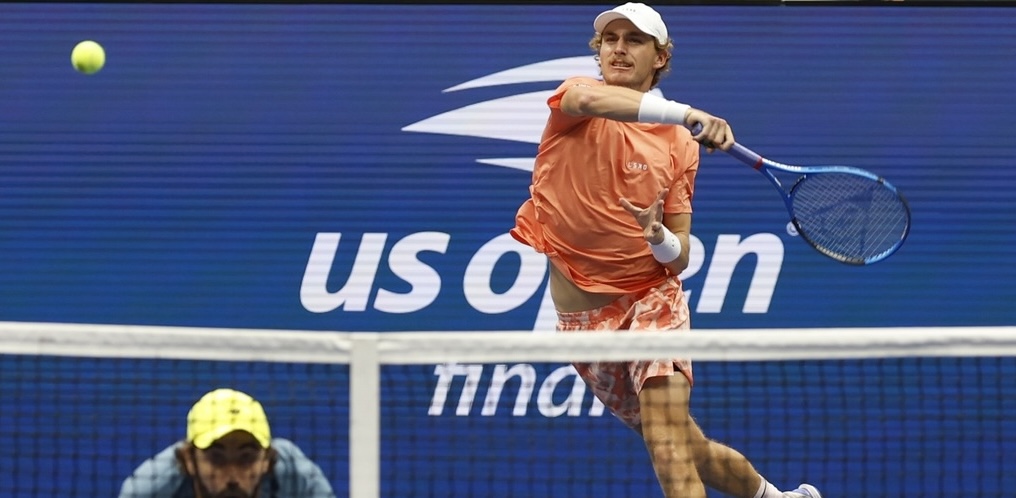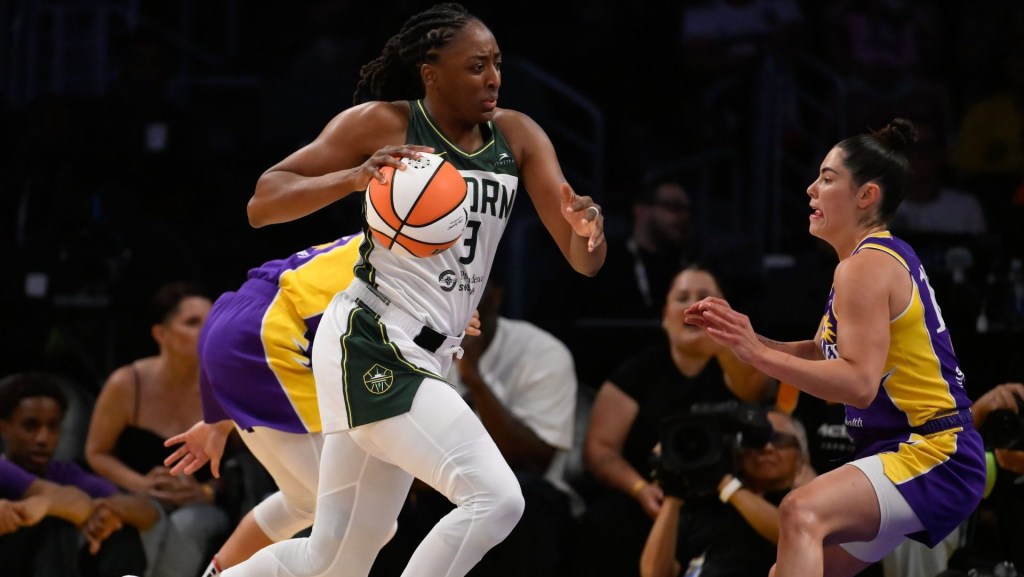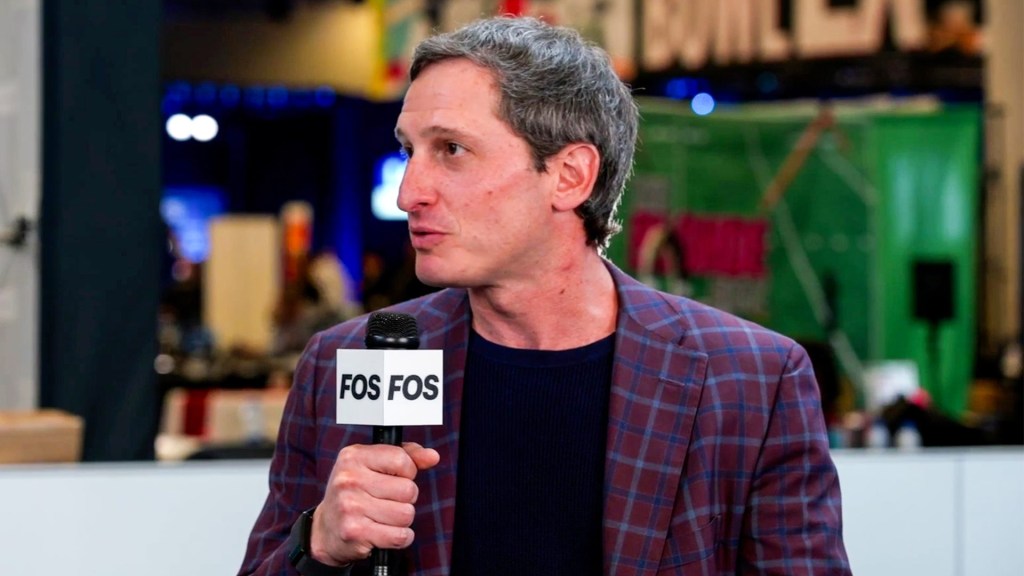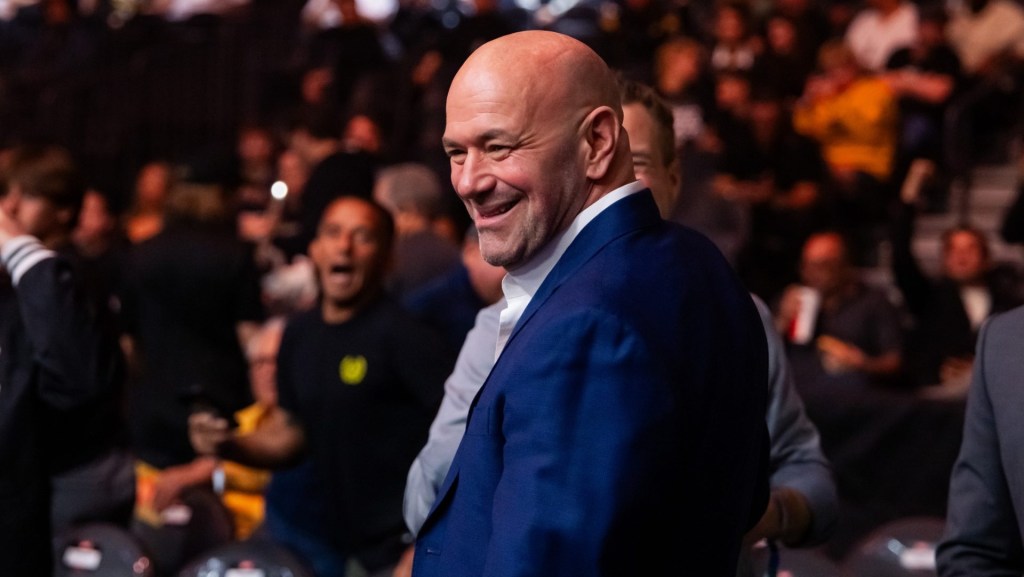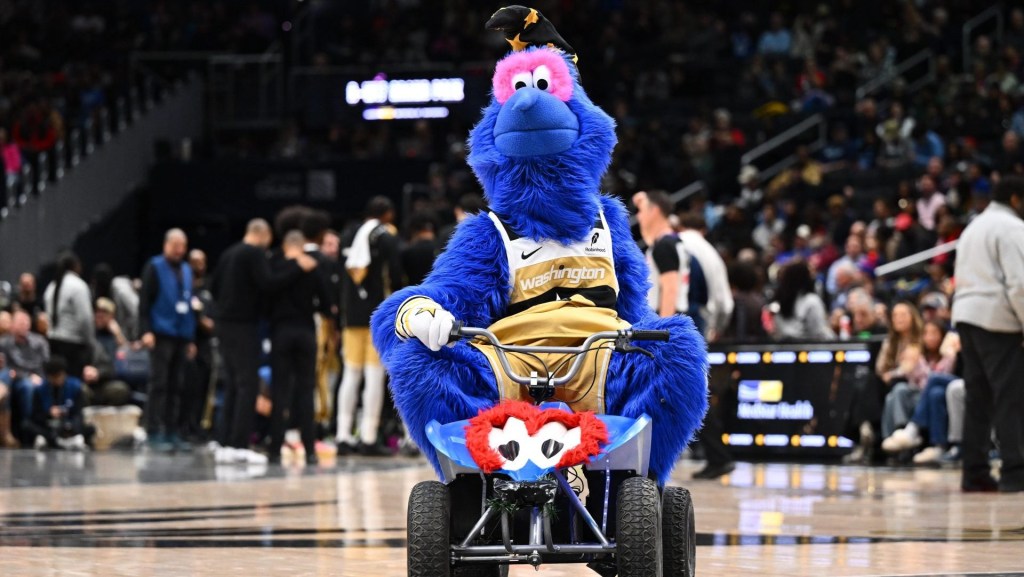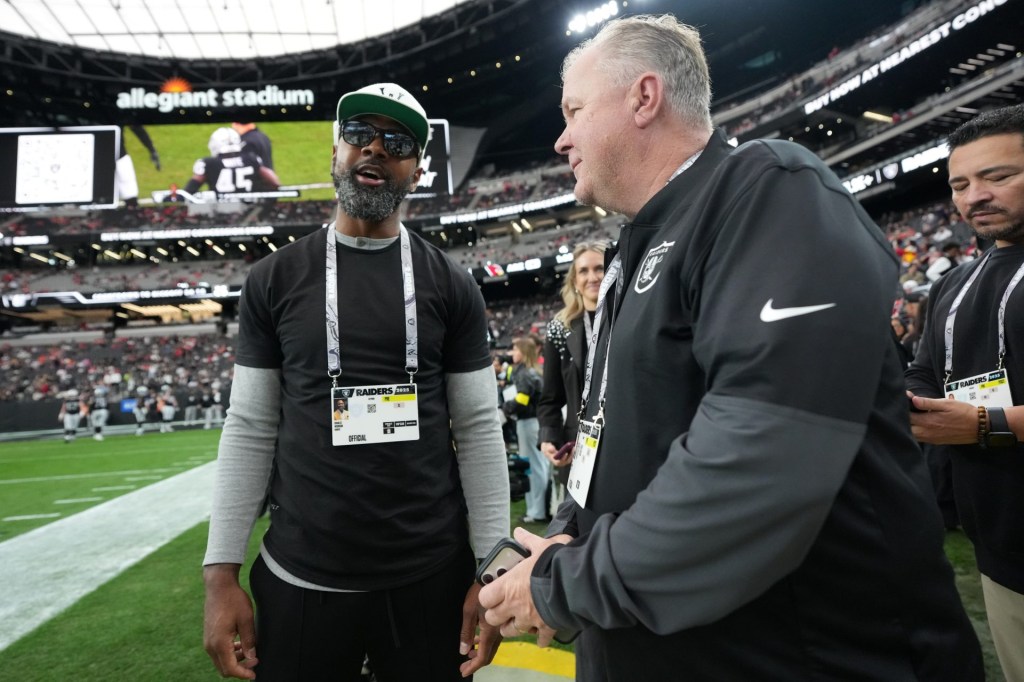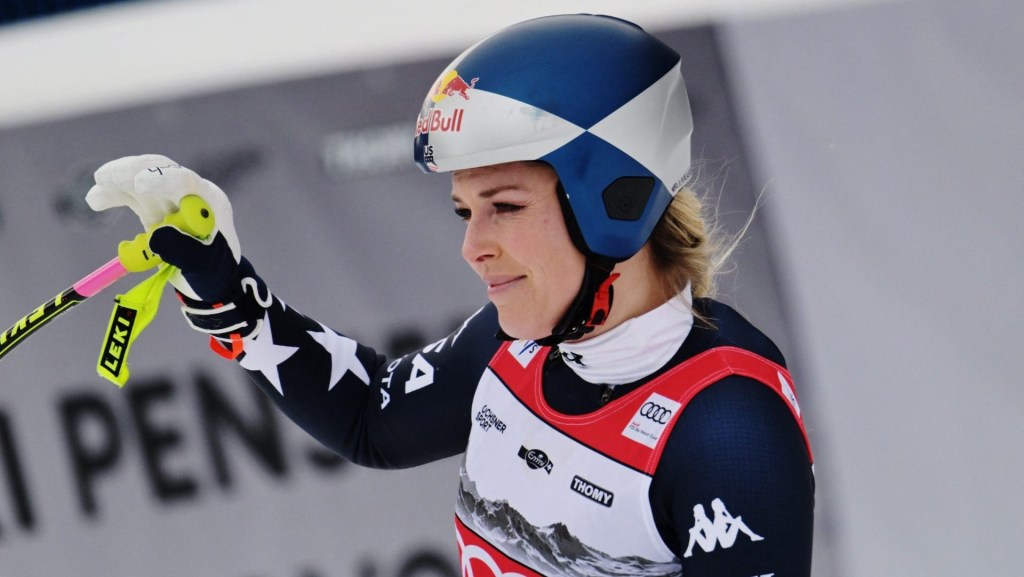Death, taxes, and doping scandals in tennis.
Grand Slam doubles champion Max Purcell received an 18-month suspension from the International Tennis Integrity Agency on Tuesday. Purcell was found to have received intravenous vitamin infusions above the accepted limit.
Purcell won men’s doubles at the U.S. Open in September 2024 and Wimbledon in 2022. He reached a career-high No. 8 world ranking in doubles in September.
Purcell said in a statement that he received the injections from 11 days before his first match of the season—giving him “zero performance enhancing benefit”—at a “24/7 medical facility, in a third world location after feeling unwell and fatigued from training.” (Purcell has said he got the treatments in Bali.) He has also said he told the clinic that he was an athlete and couldn’t go above the limit of 100 milliliters in a 12-hour period. ITIA found Purcell twice received injections above 500 milliliters in December 2023. (None of the substances Purcell consumed were banned by ITIA, only the amount to which he could receive them.)
ITIA found text messages Purcell sent to another player about the injections during the course of a separate investigation, and began looking into his case. According to its decision, ITIA found texts showing Purcell told the clinic not to keep records of his infusion, considered how he could justify getting them “including feigning illness,” and researching whether the infusions were prohibited by WADA.
ITIA said Purcell fully cooperated with their investigation and admitted to the violations, which led to a 25% reduction to his punishment. He lost all earnings from his first violation in December 2023 to February 2024, about $150,000. He will regain eligibility on June 11, 2026. (In December 2024, ITIA notified Purcell of a potential violation and he requested a voluntary provisional suspension.)
“This case has been going on for months, seriously affecting my quality of life,” Purcell said in a statement Tuesday. “From being unable to sleep and eat properly, and refusing to be by myself, to developing nervous and anxious tics which I still currently battle day to day. I couldn’t sit and enjoy anything without the thought of the case and the endless possibilities of what sanction I would receive.”
The 27-year-old Australian’s case has drawn comparisons to that of Jannik Sinner, the world No. 1 who twice tested positive for the banned drug Clostebol, but only received a three-month suspension. Sinner said a massage therapist using an over-the-counter spray approved in Italy for a wound on their own finger is what caused his positive test. He lost 400 ranking points and $325,000 from the Indian Wells tournament where the incident happened, and later skirted a two-year ban, instead receiving his sanction between the Australian and French Opens.
“I think it’s shocking. I’ve been one of Jannik Sinner’s biggest advocates, I’ve been a big supporter of his, and we need some consistency here,” said former Australian player John Millman. “Max didn’t have a prohibited substance in his body, he had too much of an infusion, which I just think it’s ridiculous.”
On the women’s side, world No. 2 Iga Swiatek is also wrapped up in a doping scandal. She served a one-month suspension last fall after testing positive for a banned substance she said she took for jet lag and sleep issues.
Former world No. 1 Simona Halep was hit with a four-year ban in 2023 after testing positive for a banned drug. At the time, Halep told Front Office Sports: “I could not believe that they suspended me for four years when we found the contamination and my blood was totally normal. They didn’t find anything bad in my blood. It’s crazy that they made this decision with everything [her legal team presented]. They judged me on scenarios. There is no proof. It’s just insane.” Her ban was reduced last year, but she retired in February following an injury-filled return.
